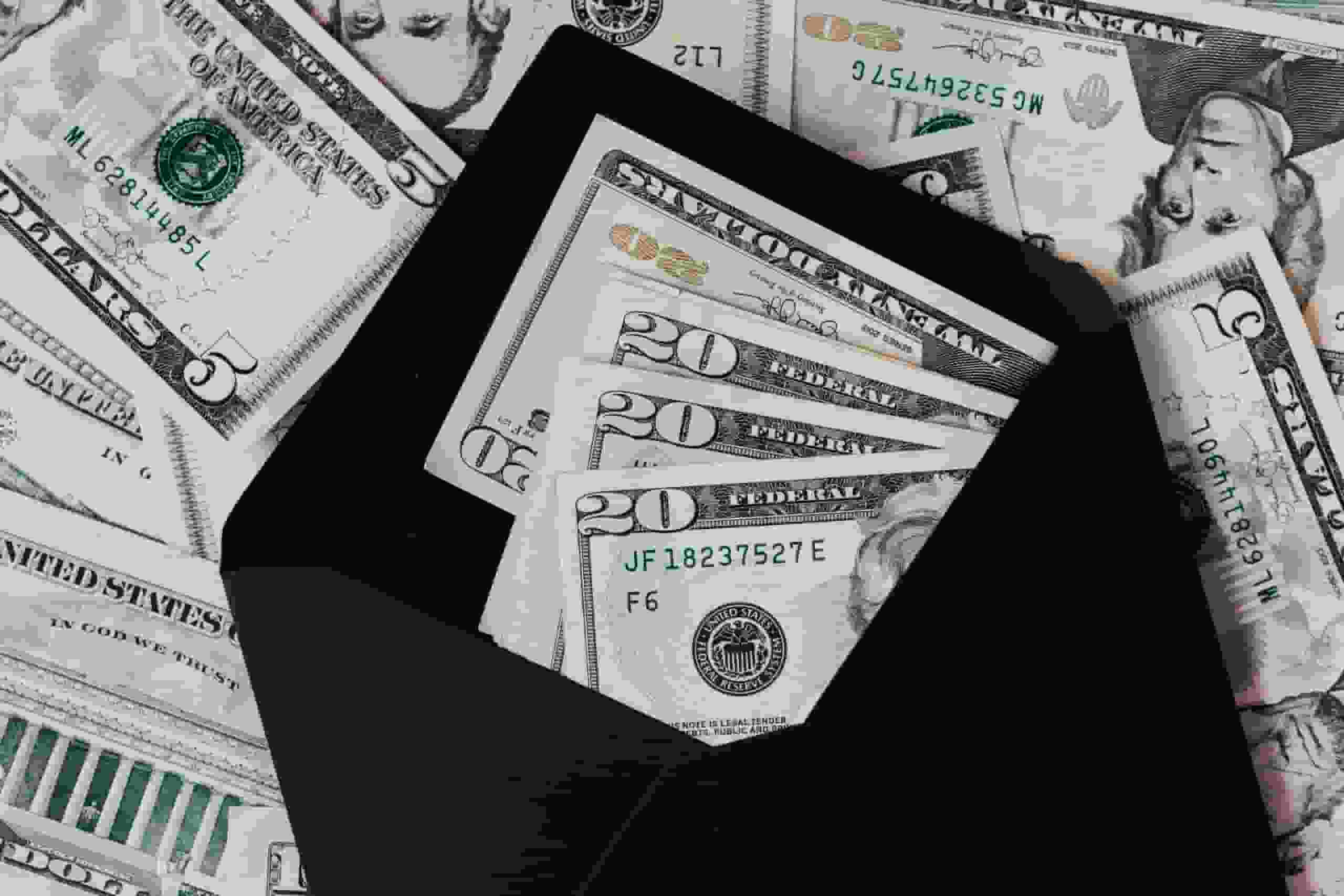
The Internal Revenue Service (IRS) has delayed a plan to require taxpayers to report third-party cash transfers of $600 or more.
The interruption was announced on Friday in order to make the 2022 tax year a transitional year for the new rule.
IRS Requirement For Taxpayers
According to an IRS statement, the original announcement would have required taxpayers to report transactions made with third-party cash-transferring applications such as Venmo and Cash App on Form 1099-K.
The rule change would have needed payment platforms like Venmo, Paypal, and Cash App to send 1099-K tax forms to anyone who receives over $600. Previously, such payment services were only required to report the income of their users to the Internal Revenue Service if they had more than 200 transactions or more than $20,000 in revenue.
Online marketplaces such as eBay, Etsy, and Poshmark opposed the proposal to lower the reporting threshold to $600, arguing that it would cause confusion and make it more difficult for sellers to make a living. In the meantime, Republican members of Congress described the plan as an instance of government overreach that would ensnare individuals who use apps to pay friends and family.
Read more: IRS makes another mistake for releasing tax payers records!
New Rule

Acting IRS Commissioner Doug O’Donnell said in a statement released on Friday, the IRS and Treasury heard a number of concerns about the changes. The IRS will delay the implementation of the new rule to help smooth the transition and ensure clarity for taxpayers, tax professionals, and the industry.
The additional time will aid in reducing confusion during the upcoming 2023 tax filing season and give taxpayers more time to prepare for and comprehend the new reporting requirements, he added.
Even though the delay means that during the 2023 tax season, people will only receive tax forms if they meet the previous guidelines of receiving more than $20,000 in payments and conducting more than 200 transactions a year, anyone who makes a profit from any type of income is required by law to pay tax on that money.
Therefore, individuals are still required to report their income and pay tax on it, even if they do not receive a tax form. However, the IRS emphasized that personal transactions, such as reimbursing a friend for a shared meal, are not intended to be tracked by the now-delayed rule regarding reporting $600 in side-gig income.
Some tax experts had also cautioned that people who used apps for both business and personal transactions could be confused by the amounts reported on the new tax forms and end up overpaying or underpaying their taxes.
Read more: Child Tax Credit and IRS financing will be major challenges in 2023; Here’s why!

